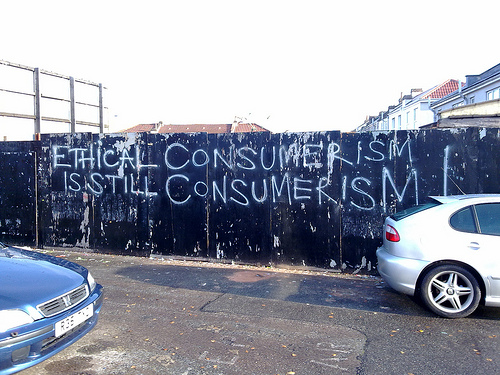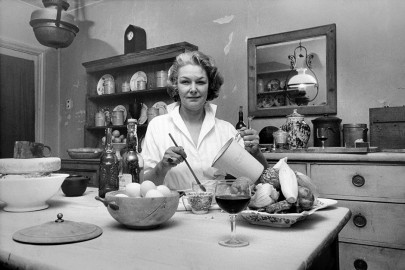What does it actually mean to call a wine ‘natural’ or ‘organic’? Henry explains all…
There’s a café near me that has the following on the sign outside ‘Ethical, sustainable, local, organic.’ The sign seems to work as the place is doing a roaring trade. It got me thinking about what this sign says to people. I doubt that there are many people who take it literally, ‘darling, let’s go to that place, I hear it’s sustainable.’ ‘Yes and ethical too, Milo does like his ethical sausages.’ Instead it works on a more subconscious level. One sees those four words and thinks ‘middle-class!’ I don’t mean this in a derogative way, I’m middle-class and not ashamed of it. Those words mean that you’ll be surrounded by like-minded individuals with no danger of any working class people spoiling the atmosphere with their tabloid newspapers and ghastly children. The other thing that this sign says is ‘we care about our ingredients.’ They may not know how to cook them but they’ve taken care to buy, sorry source, good stuff. All in all, the food will probably be quite nice if a little pricey and the service a little bearded.
Like food, wine is sold by factors other than how it tastes. We hear a lot about about sustainability, organics, natural, biodynamics etc. (I was going to put all these words in inverted commas but thought that would be fogeyish.) I say we hear a lot about these things but actually, unless you’re a proper wine bore, you won’t hear that much about them. These are the stuff of press releases, of websites, of three day symposiums in Syracuse. Compared with the café above, most wine bottles are uncommunicative when it comes to political issues. Occasionally you will see a bottle of wine labelled organic but these are generally best avoided as they tend to be sold assuming that people are more interested in organics than deliciouness. A wine’s first duty is to taste good, everything else is of secondary importance. Good wine makers are aware of this which is why they keep all this secondary stuff in the background and let their wines speak for themselves.
Nevertheless some of these words do have some significance beyond their rather woolly literal meanings:
‘Natural’ – will not be over-oaked, over-sugared or confected. May well taste vibrant and delicious (or might taste like stale real ale.) People do complain that it has no legal definition but I find it a much more helpful word when buying wine that ‘organic’ as it actually conjures up how the wine will taste. Also very useful when visiting vineyards as the operation will be small and the producer interesting and opinionated.
‘Organic’ – this word will have no bearing on how the wine is going to taste. Some producers farm organically but then might add lashings of additives to the wine so that it tastes spoofulated. Most taste just like conventionally grown ones, and the health benefits of organic farming are unproven and the environmental ones inconclusive.
‘Biodynamic’ – Biodynamics does sound like something made up by L. Ron Hubbarb if he was from rural Austria but its adherents produce some bloody good wines. I have a not terribly original theory that biodynamics is merely a way of codifying and ritualising the obsession that good wine makers have with the well-being of their vines ie. the cow’s horn spray doesn’t matter per se but someone who is prepared to go through all that nonsense is clearly an obsessive. How will the wine taste? Probably quite good.
‘Sustainable’ – means absolutely bugger all and won’t affect how the wine tastes.
‘Ethical’ – ditto.
I suppose the answer is to befriend your local wine merchant, explore, trust your own palate and try to keep things like class and polictics out of something that should be enjoyable first and foremost. As Kermit Lynch once said: ‘Wine is, above all, pleasure. Those who would make it ponderous make it dull.’











I’ve tried organic wines a handful of times and they’ve always been dreadful.
What most people don’t understand about organic farming is that you can use organic-based chemicals to kill things as much as you like. These aren’t necessarily any better than synthetic chemicals, and you typically have to use a lot more of them as they’re not as good at their job.
However, I doubt that has anything to do with the crappy taste. Perhaps it’s down to the distraction involved in trying to farm organically – you don’t have as much time for – or interest in – the important stuff. Such sorting out your cow horn spray.